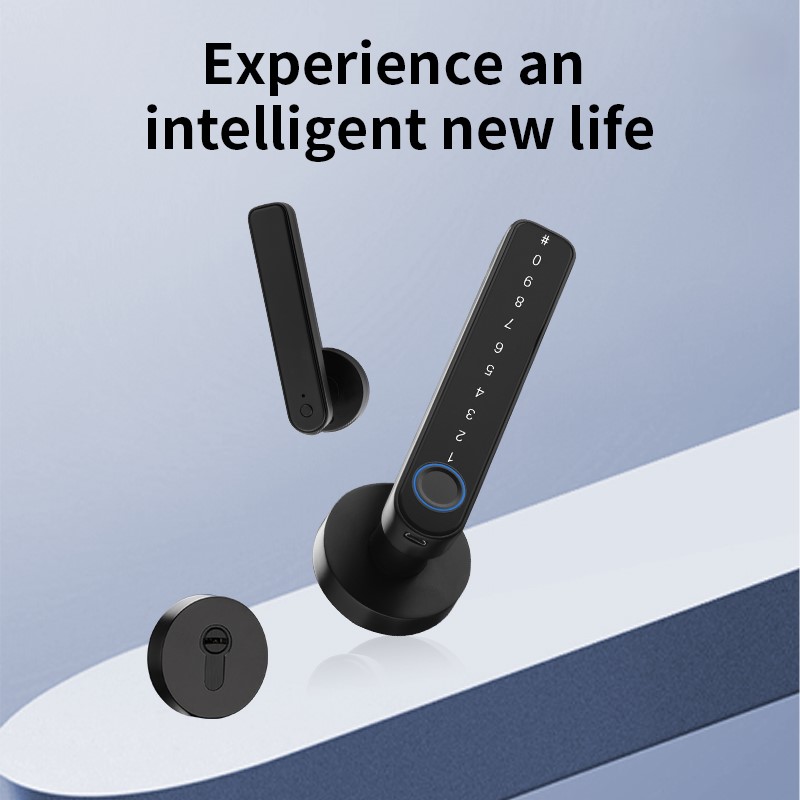In the past decade, smart locks have quietly revolutionized how we secure our homes and workplaces. These innovative devices represent a significant leap from traditional mechanical locks, offering keyless entry through various advanced authentication methods. While early models were often seen as luxury gadgets, today's smart locks have matured into reliable security solutions that combine convenience with robust protection.
The technology behind modern smart locks is fascinating in its diversity. Fingerprint recognition systems have evolved from basic optical scanners to sophisticated capacitive sensors that can detect live fingerprints, preventing spoofing attempts. Some high-end models now incorporate palm vein scanning technology, originally developed for banking security applications. For those who prefer other methods, there are options like RFID/NFC card access, smartphone control via Bluetooth or WiFi, and even traditional PIN pads for backup access. Most premium models wisely combine multiple authentication methods, ensuring users always have alternatives if one system fails.
At their core, these intelligent locking systems consist of several critical components working in harmony. The control module acts as the brain, typically running on encrypted microprocessors with specialized operating systems designed for security applications. Power systems have become more reliable too, with most units using standard AA batteries that last over a year, supplemented by emergency power options like 9V battery contacts or USB charging ports. The mechanical components have kept pace with the electronics, featuring heavy-duty deadbolts and quiet, efficient motors that provide smooth operation.
Security remains the paramount concern, and smart lock manufacturers have risen to the challenge. Modern units employ military-grade encryption standards like AES-256 for data protection and TLS protocols for secure wireless communication. They're designed to resist various attack methods, with features like anti-tamper alarms, brute force attempt lockdowns, and Faraday cage protection against signal hijacking. These measures have helped smart locks gain acceptance in commercial applications where security requirements are most stringent.
The integration of smart locks into home automation systems has been a game-changer for many homeowners. Compatibility with major platforms like Apple HomeKit, Google Home, and Amazon Alexa allows for seamless voice control and automation scenarios. Imagine your door automatically unlocking as you approach, with the lights turning on and the thermostat adjusting to your preferred temperature - this is the convenience modern smart locks can provide. For commercial applications, the benefits extend to features like detailed access logs, temporary credential issuance, and integration with existing security systems.
As we look to the future, smart lock technology continues to advance at a rapid pace. Emerging innovations include palm vein authentication, currently used in high-security banking applications in Japan, and AI-powered facial recognition that can work even when the user is wearing a mask. Energy harvesting technologies may soon eliminate battery changes altogether, with prototypes demonstrating self-charging capabilities through solar power or kinetic energy from the door's movement. Perhaps most intriguing is the potential application of blockchain technology for decentralized key management, which could revolutionize how access credentials are issued and revoked.
The smart lock industry has come a long way from its early days of unreliable connectivity and security concerns. Today's models offer a compelling combination of convenience and protection that's hard to ignore. While traditional locks still have their place, the trend toward intelligent access control seems inevitable. As the technology becomes more affordable and refined, we may soon find ourselves living in a world where physical keys become relics of the past, replaced by more secure and convenient alternatives that make our lives easier while keeping our spaces safer.
For those considering the transition to smart locks, the current market offers solutions for nearly every need and budget. From basic keypad models for residential use to sophisticated multi-authentication systems for commercial applications, there's never been a better time to explore what smart lock technology can offer. The peace of mind that comes with knowing you'll never be locked out again, combined with the ability to monitor and control access remotely, makes a strong case for making the switch to smarter security solutions.
Contact UHIT engineering team to discuss project-specific smart lock solutions tailored to your security requirements and architectural specifications. Our commercial-grade products deliver the perfect balance of cutting-edge technology and real-world reliability.


